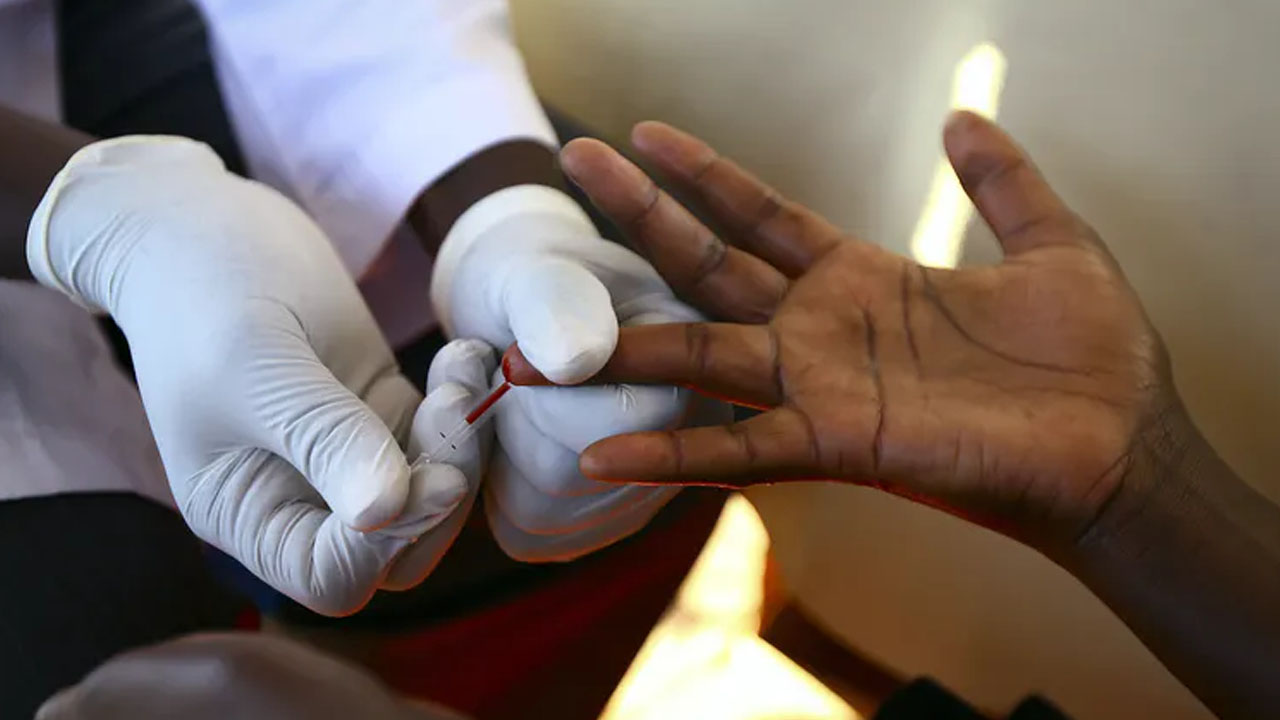The World Health Organisation (WHO) has listed Nigeria among the 20 countries in the African region that require trachoma elimination intervention.
The countries are Algeria, Angola, Burkina Faso, Cameroon, Central Africa Republic, Chad, Côte d’Ivoire, Democratic Republic of the Congo, Eritrea, Ethiopia, Guinea, Kenya, Mozambique, Niger, Nigeria, South Sudan, United Republic of Tanzania, Uganda, Zambia and Zimbabwe.
Trachoma is a public health problem in 32 countries, with an estimated 103 million people living in areas requiring interventions against the disease. The African region is disproportionately affected by trachoma, with 93 million people living in at-risk areas in April 2024, representing 90 per cent of the global trachoma burden.
According to WHO, trachoma is found mainly in the poorest and most rural areas of Africa, Central and South America, Asia, the Western Pacific and the Middle East.
The organisation has validated Senegal as having eliminated trachoma as a public health problem, making it the ninth country in the WHO’s African Region to have achieved this feat.
WHO Director-General, Dr Tedros Ghebreyesus, who announced this, commended Senegal for freeing its population from the disease, describing it as a milestone and another sign of the remarkable progress being made against neglected tropical diseases globally, which offers hope to other countries still working to eliminate trachoma.
According to the WHO, trachoma has been known in Senegal since the early 1900s and was confirmed as a major cause of blindness through surveys in the 1980s and 1990s.
The organisation noted that Senegal joined the WHO Alliance for the Global Elimination of Trachoma in 1998, conducted its first national survey in 2000, and completed full disease mapping by 2017 with support from the Global Trachoma Mapping Project and Tropical Data.
He said that Trachoma control was consistently integrated into national eye health programmes, first under the National Programme for Blindness Prevention (PNLC) and later through the National Programme for the Promotion of Eye Health (PNPSO) – maintaining its commitment to trachoma elimination.
“Today we celebrate our victory against trachoma, 21 years after the one against dracunculiasis”, said Dr Ibrahima Sy, Senegal’s Minister of Health and Social Action. “This new milestone reminds us that our overarching goal remains a Senegal free from neglected tropical diseases. We are fully committed to this, and we are making good progress, notably against human African trypanosomiasis (sleeping sickness) and onchocerciasis.”
Senegal implemented the WHO-recommended SAFE strategy to eliminate trachoma with the support of partners, reaching 2.8 million people who needed them across 24 districts. These activities included provision of surgery to treat the late blinding stage of the disease, conducting antibiotic mass drug administration of azithromycin donated by Pfizer through the International Trachoma Initiative, carrying out public awareness campaigns to promote facial cleanliness, and improvement in access to water supply and sanitation.
Globally, Senegal joins 24 other countries that have been validated by WHO for having eliminated trachoma as a public health problem. These are Benin, Burundi, Cambodia, China, Gambia, Islamic Republic of Iran, Lao People’s Democratic Republic, Ghana, India, Iraq, Malawi, Mali, Mauritania, Mexico, Morocco, Myanmar, Nepal, Oman, Pakistan, Papua New Guinea, Saudi Arabia, Togo, Vanuatu and Viet Nam.
These countries are part of a wider group of 57 countries that have eliminated one or more neglected tropical diseases. Three other countries in the region, Botswana, Guinea-Bissau and Namibia, claimed to have achieved the prevalence targets for elimination.






